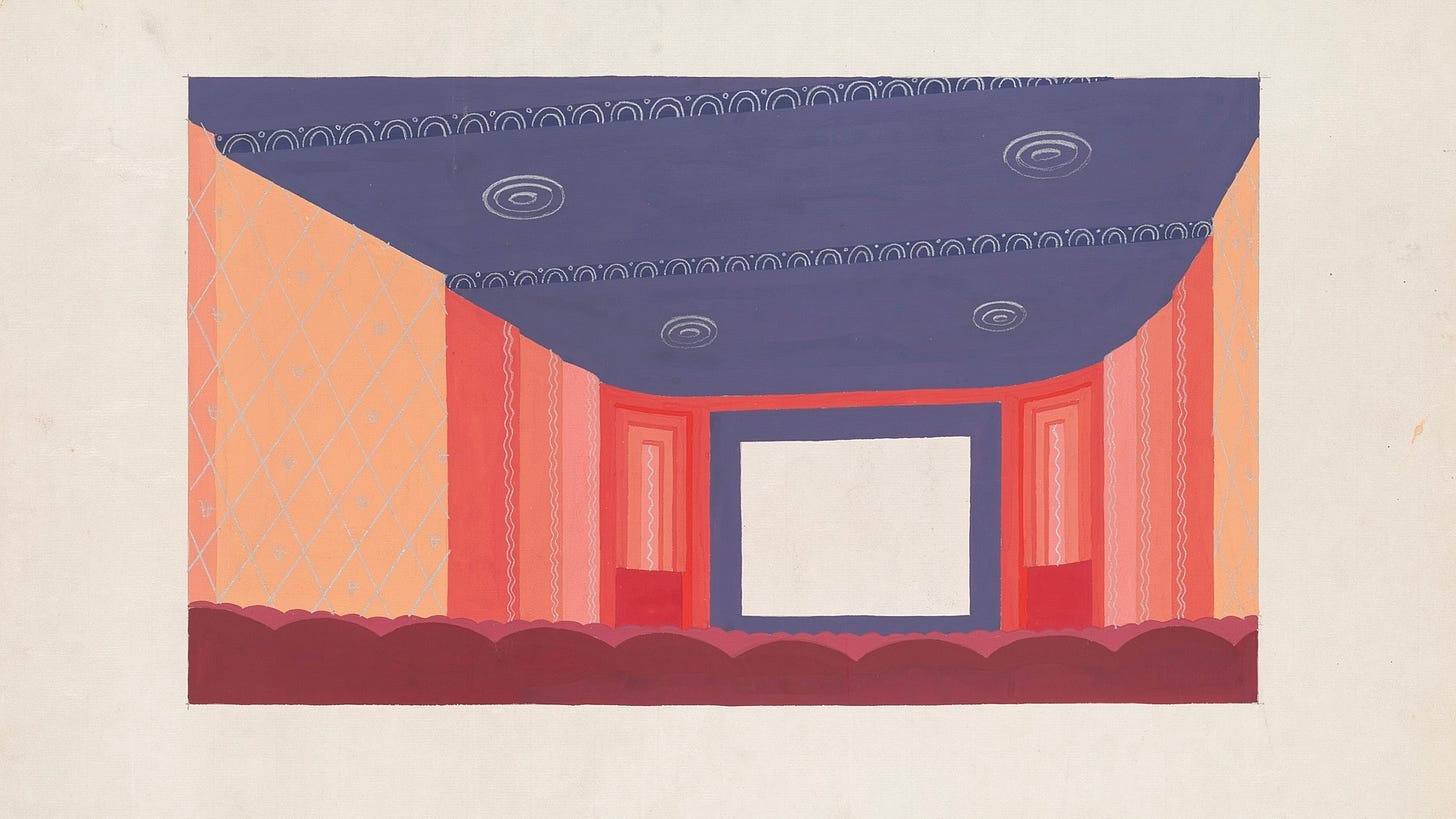Welcome to CrowdSource, your weekly guided tour of the latest intellectual disputes, ideological disagreements, and national debates that piqued our interest (or inflamed our passions). This week: the death and life of culture.
Join us! CrowdSource features the best comments from The Crowd — our cherished readers and subscribers who, with their comments and emails, help make Wisdom of Crowds what it is.
Is Freedom Bad for Culture?
In a long piece about Paraguayan literature, WoC editor Santiago Ramos observes that, paradoxically, literature has flourished in times of dictatorship, while under democracy its relevance melted away.
Meanwhile, in the Free World, culture is said to be “stuck,” “stagnating,” at a “standstill” or even, “decadent.” In the past month, three writers have tried to figure out why:
Matthew Gasda: Conformism
The Samestream. Both mainstream and indie are dead, says playwright Matthew Gasda. Instead, we have the “samestream,” where everything is “formed by the same pressures, same laws, same incentives. … where the format (the phone) molds everything into the same experience.”
Navel-Gazing. “American culture remains legitimate to itself only insofar as it denies itself self-consciousness; there’s nothing hidden, no divine interior, no secret ferment.”
Sally Rooney: Absence
Obsolete Structures. “The moment that we’re in,” as Irish novelist Sally Rooney describes it, is one where “our social structures, including the capitalist structure … are not fit for purpose, and yet, they’re still there! … We want to move beyond them but we’re trapped ... .”
Orbiting a void.“[Our] rich cultural textual inheritance [is] missing what sometimes seems to be its central feature, which in our tradition maybe is Christ … That figure has gone, and so much was arranged around it that’s now arranged around an absence or a void.”
Ian Leslie: Progress
Too Efficient. “Too much of modernity is designed … to be rational and efficient; the result is often bland homogeneity,” writes author Ian Leslie. “My rule of thumb is that unless I’m convinced an evolved cultural tradition is doing harm, I want to keep it, because it makes the world more interesting and more various.”
On the other hand, while culture “creates and protects,” it also “constrains.” So, if culture truly is “passing away,” then “we should mourn the loss while celebrating the progress we’ve made.”
How Our Culture Will Improve
Ted Gioia argues that today’s microculture (art produced by small communities and niche “scenes”) is at war with the big cultural conglomerates (social media and entertainment running on dopamine hit-based business models).
Gioia believes microculture and its alternative platforms (like Substack) will triumph: “Even the biggest potential enemies of microculture (those billionaires in Silicon Valley) need it for their own survival.”
Squint and you can find an emerging microculture everywhere you look:
Leave Town. Matthew Gasda offers a plan for artistic renewal: “We should be setting up secular monasteries, public workshops, in the great American wilderness, in emptying towns, in both gentrified and decaying cities.”
Break On Through. Sheluayang Peng spotlights young novelists rebelling against mediocrity.
Slam Dance. In 2021, Armin Rosen found life at the Rolling Loud hip-hop festival.
Restoration. Recently, Jonny Greenwood of Radiohead discovered organ music and Medieval church organs.
What we should add to this list? Tell us in the comments!
From the Crowd
Dirk, responding to “The Cynic and the Fool,” by Santiago Ramos:
There’s something ephemeral and unreal about American opinions on foreign wars, like they’re championing a sports team or some fictional character’s romantic endeavours on a television show. Whether it’s Democratic sloganeering or David Sacks’ shitposting, it’s all a semi-fictional “event” to them that’s easily processed into culture war dynamics, and not something kinetic and physical. Nor does it really have to be, of course. The American dream is another continent, another world entirely.
See you next week!
Wisdom of Crowds is a platform challenging premises and understanding first principles on politics and culture. Join us!



